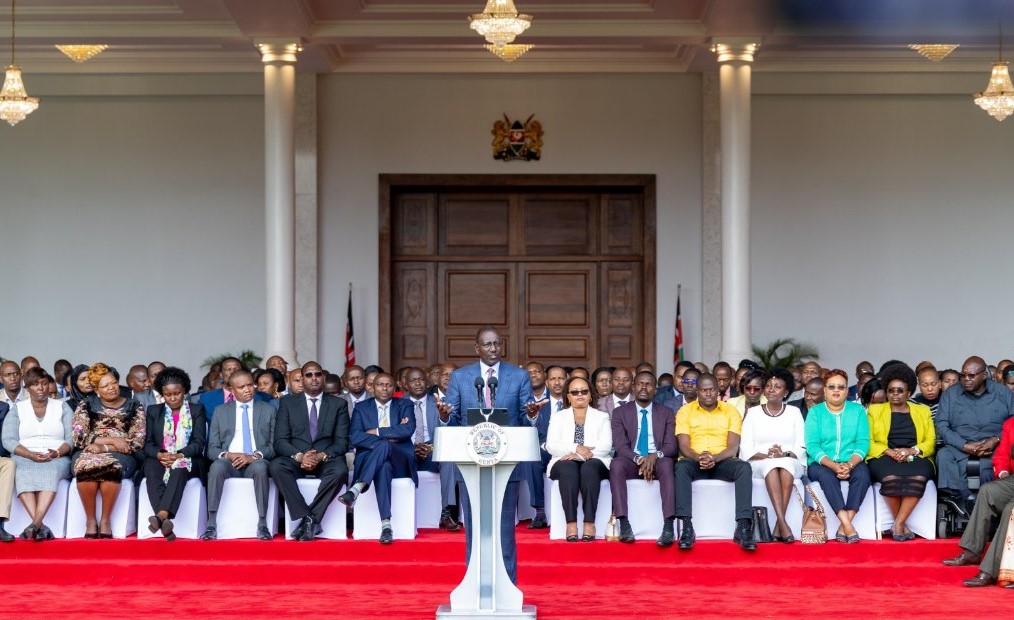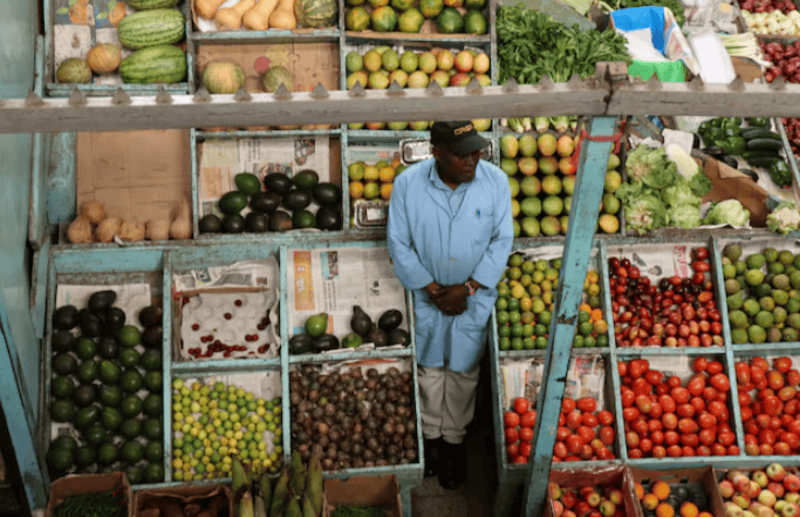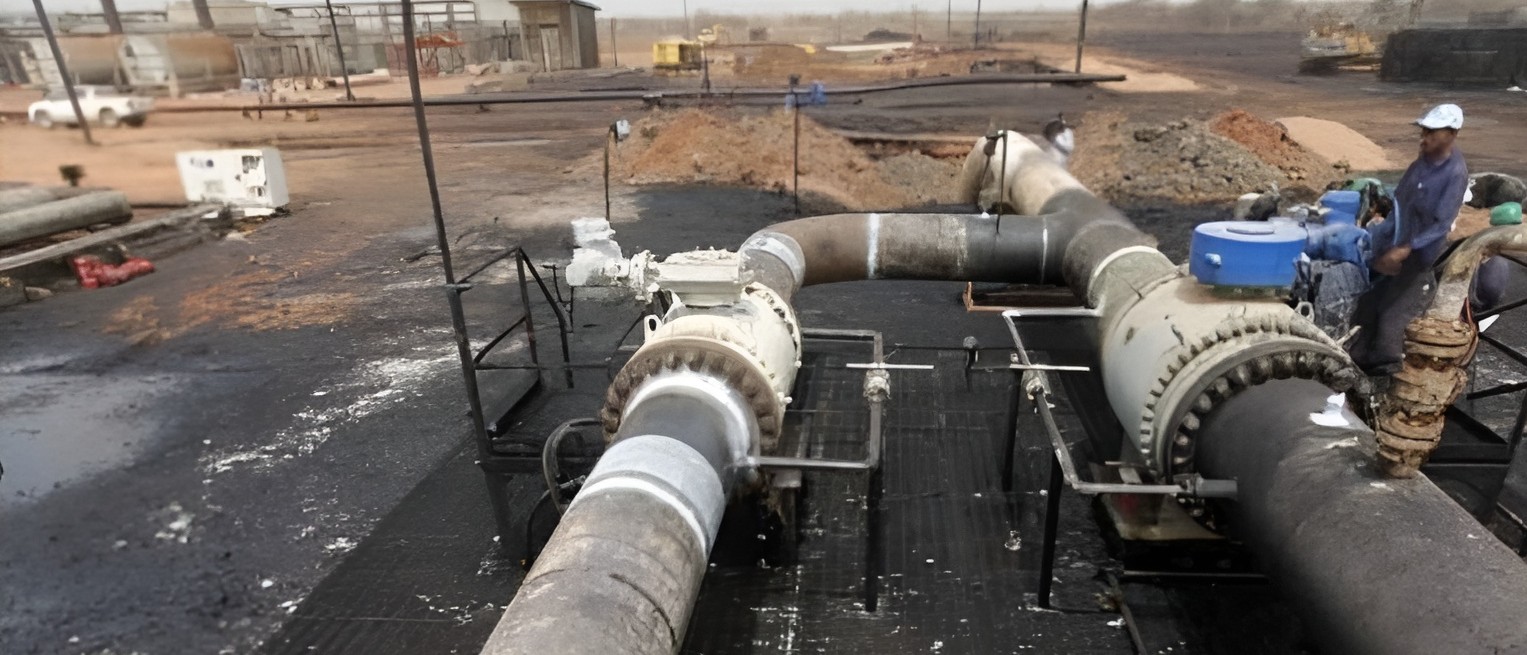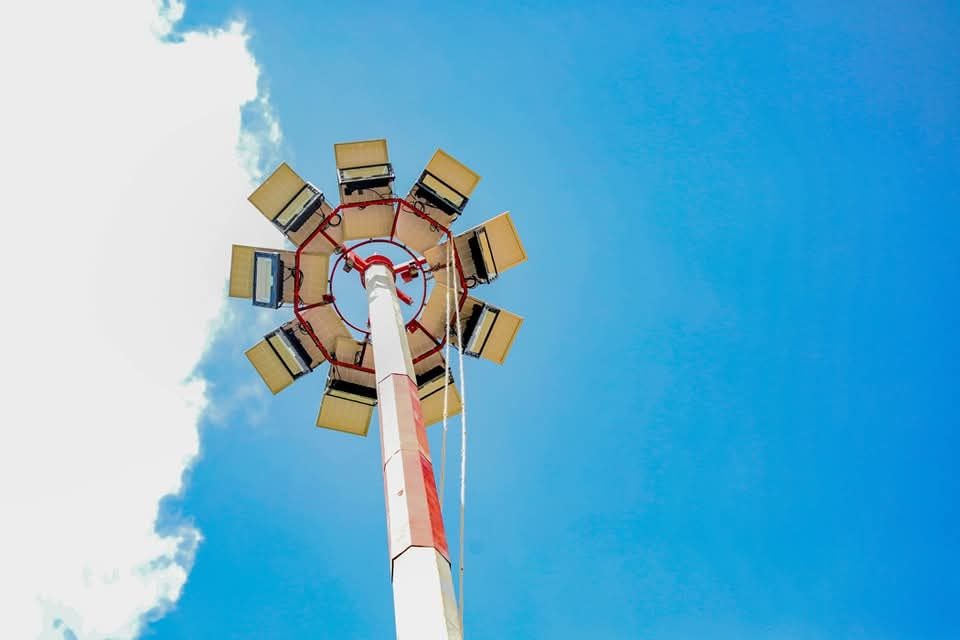Blatant disregard of court orders by state reduces Kenya to theatre of impunity

The apex court decreed that public participation is not an abstract notion, but must be meaningful, and must be accompanied by both reasonable notice and opportunity.
Long before the deadly anti-Finance Bill demonstrations shook the core of the nation in June, the courts had repeatedly defined and ordered meaningful public participation in public affairs but were roundly ignored.
Back in 2019, the Supreme Court laid down guidelines for public participation, spelling its irreducible minimums as clarity of subject matter, opportunity for balanced influence, commitment to the process, integrity and transparency of the process, and the capacity to engage on the part of the public.
More To Read
- Explainer: Why defamation is a civil, not a criminal offence
- JSC reveals 946 petitions against judges processed, 210 judicial staff dismissed
- CJ Martha Koome pushes back against criticism over parliamentary interference
- Supreme Court rules Chief Registrar has no powers to discipline, fire judges or magistrates
- Supreme Court strikes out petition seeking determination of general election date
- Auditor General flags Judiciary for underutilising Sh520.4 million
The apex court decreed that public participation is not an abstract notion, but must be meaningful, and must be accompanied by both reasonable notice and opportunity.
“Public participation must be real and not illusory. It is not a cosmetic or a public relations act. It is not a mere formality to be undertaken as a matter of course just to ‘fulfil’ a constitutional requirement,” the court ruled in the case of British American Tobacco Kenya vs the Ministry of Health Cabinet secretary.
But because Kenya had long turned itself into a paradise of impunity, the executive and Parliament continued to ignore the guidelines. By the time young Kenyans took it upon themselves to storm Parliament on June 25, the Kenyan government had lost numerous opportunities over this failure to implement a court order.
The run-up to the demos and their aftermath was the clearest indication of the price of ignoring the courts. In public participation forums, Kenyans talked themselves hoarse opposing some provisions of the Finance Bill 2024.
MPs keenly listened but retained the offending items in the Bill nevertheless. A belated attempt by the State House to drop some of the contentious clauses was least appreciated as people had already had enough of it.
“The events of June 25 spoke to the pent-up anger Kenyans had, and still have, with the government for refusing to involve them in governance decisions. Compliance with court orders is not a favour to be doled out, rather it’s a crucial matter of constitutional and civil obligation,” activist Ndung’u Wainaina says.
And despite being pushed to the corner by the anti-Finance Bill protesters, the government did not appear to learn a thing. Parliament largely ignored public views in reconstituting the Cabinet and retained the same old faces with controversial histories behind them.
Until the Supreme Court saved the day for it on Thursday, the government was operating in a flagrant breach of the law concerning the Finance Act 2023, collecting illegal taxes and unlawful benefits.
A critical component of President William Ruto’s pre-election “Bottom-Up Economic Transformation Agenda", the Act was declared fundamentally flawed and unconstitutional by the Court of Appeal.
Coming weeks after the government had eaten humble pie and withdrawn the Finance Bill 2024, the July 31 decision caught the government flat-footed, sending it back to the tax regime of the 2022-2023 financial year.
 President William Ruto addresses the media at State House, Nairobi on June 26, 2024. (Photo: PCS)
President William Ruto addresses the media at State House, Nairobi on June 26, 2024. (Photo: PCS)
Still, the government continued to implement the 2023 tax laws in collection taxes, confounding taxpayers, including institutions such as the Kenya Bankers Association (KBA) and the Federation of Kenyan Employers (FKE).
“As an industry, we are moving by the law and that is how we have advised our members. We have communicated this in writing to all banks,” Raymond Molenje, the acting CEO of KBA said on Monday, announcing the decision to raise excise duty on money transfers back to 2022 rates.
High fuel costs
While the banks adjusted their rates, Kenyans continued to feel the pinch of high fuel costs after the Energy and Petroleum Regulatory Authority (EPRA) doubled VAT on fuel despite the same court order of July 31 suspending the very basis for the increment.
On August 14, EPRA brazenly announced that its new fuel price review was “inclusive of 16 per cent VAT in line with the provisions of the Finance Act, 2023.” They did not even have to pretend as all other government agencies had similarly ignored the court order, as the Attorney General's office worked to overturn it.
As they continued to bet on the Supreme Court, the High Court stopped the increment of the Road Maintenance Levy following an application by an aggrieved taxi driver. The increment through the imposition of the Road
Maintenance Levy Fund (Imposition of Levy) Order, 2024 took effect on July 15.
But it is not just the orders relating to the tax laws the government has trashed of late, reducing the country into a theatre of impunity. At the height of anti-Finance Bill 2023 protests, several court orders were issued which were flushed down the toilet by the relevant government agencies.
Again, the courts barred police from arresting or holding protestors incommunicado, but the abductions continued unabated. The courts required police to produce arrested persons within 24 hours of arrest as per the law, but the law enforcers continued to ignore these provisions.
Perhaps the most brazen disregard of court orders over the protest period was the ignoring of court orders against police use of tear gas and water cannons on protestors. As soon as the ink dried on the court order, police were back in the streets spraying protestors.
High Court Judge Mugure Thande also barred police from perpetrating extrajudicial killings, arrests, abductions, detention, harassment, intimidation, torture, and cruel inhumane and degrading treatment of protesters, pending the full hearing of the case.
To further guard against police excesses, the High Court banned police from concealing their faces while handling public demonstrations
“All uniformed police officers acting under the direction and support of the National Police Service shall at all times affix a nametag or identifiable service number in a clear visible part of their uniform when engaging with persons who are, who is, or planning on, assembling, demonstrating, picketing or petitioning and shall not remove or obscure the same,” stated the ruling delivered by High Court Judge Bahati Mwamuye.
While there has not been a demonstration since this order was issued, nobody in Kenya expects the police to obey it whenever the next demonstrations are staged.
On August 8 and for two nights, police surrounded politician Jimmy Wanjigi’s home in Nairobi’s Muthaiga, and stormed inside without a court order. Wanjigi obtained a court order barring his arrest pending the hearing of the case, but a week later he was arrested while recording a statement with the police over a separate matter.
In May, the government ignored court orders and deployed a police mission to Haiti. The Law Society of Kenya roundly condemned the act.
“The LSK stands at the forefront of upholding the principles of justice, accountability, and the rule of law within our nation. We condemn in the strongest terms possible the wilful disregard of the law being demonstrated by the president and the government agencies,” said LSK in a statement.
The president had started the year on a sour note, publicly declaring that the courts would not stand in his way of implementing promises made to Kenyans.
Early this week, the Senate voted to impeach Meru Governor Kawira Mwangaza.
The following morning, Mwangaza moved to court and obtained a stay of the decision, but the Senate still proceeded to officially gazette her impeachment.
Top Stories Today












































